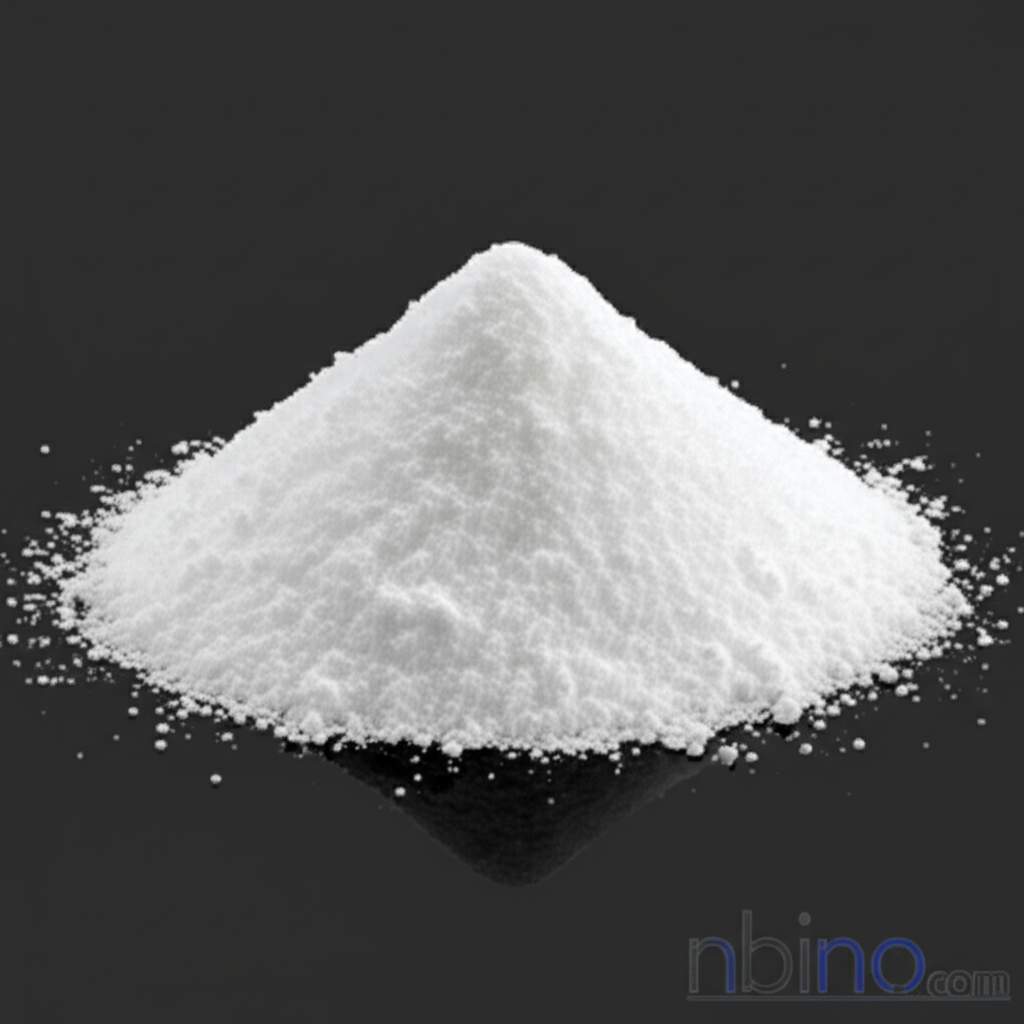Benzyl Glycinate Hydrochloride: A Key Intermediate for Pharmaceutical and Peptide Synthesis
Discover the essential role of Benzyl Glycinate Hydrochloride (CAS: 2462-31-9) in advancing pharmaceutical development and peptide synthesis. Explore its unique properties and diverse applications as a vital chemical intermediate.
Get a Quote & SampleProduct Core Value

Benzyl Glycinate Hydrochloride
We are a trusted supplier in China, offering high-quality Benzyl Glycinate Hydrochloride, a critical compound for researchers and manufacturers. Its application spans from the synthesis of novel therapeutic agents to its use in advanced drug delivery systems. We pride ourselves on providing reliable chemical intermediates that drive innovation.
- As a potent crosslinking inhibitor, Benzyl Glycinate Hydrochloride plays a crucial role in various chemical synthesis processes.
- Its utility in the chemoenzymatic polymerization of glycine monomers makes it valuable for creating complex biomolecules.
- Researchers leverage this compound for its role in synthesizing pharmaceuticals targeting neurological disorders and for its potential as an antiviral agent.
- The stability and solubility characteristics of Benzyl Glycinate Hydrochloride make it an ideal component in the development of effective drug delivery formulations.
Advantages Offered by the Product
Enhanced Chemical Synthesis
Benzyl Glycinate Hydrochloride acts as a potent crosslinking inhibitor, streamlining the synthesis of complex organic molecules, which is vital for achieving high purity pharmaceutical intermediates.
Facilitates Peptide Synthesis
This compound is instrumental in peptide synthesis, promoting kinetically controlled synthesis by improving enzyme affinity and specificity, crucial for developing new therapeutic agents.
Biochemical and Pharmaceutical Applications
Its utility extends to biochemical research and pharmaceutical development, particularly in creating drugs for neurological disorders and as a potential antiviral agent, contributing to breakthroughs in healthcare.
Key Applications
Pharmaceutical Development
A key intermediate in synthesizing pharmaceuticals, especially those targeting neurological disorders and enhancing drug efficacy and specificity, supporting advanced drug development.
Peptide Synthesis
Commonly used in the production of peptides, it facilitates the formation of peptide bonds, essential for developing new therapeutic agents and complex biomolecules.
Biochemical Research
Researchers utilize it in studies related to amino acid metabolism and protein synthesis, providing crucial insights into cellular processes and disease mechanisms.
Drug Delivery Systems
Its unique structure enhances solubility and stability, making it valuable for formulating drug delivery systems to improve the bioavailability of active pharmaceutical ingredients.
